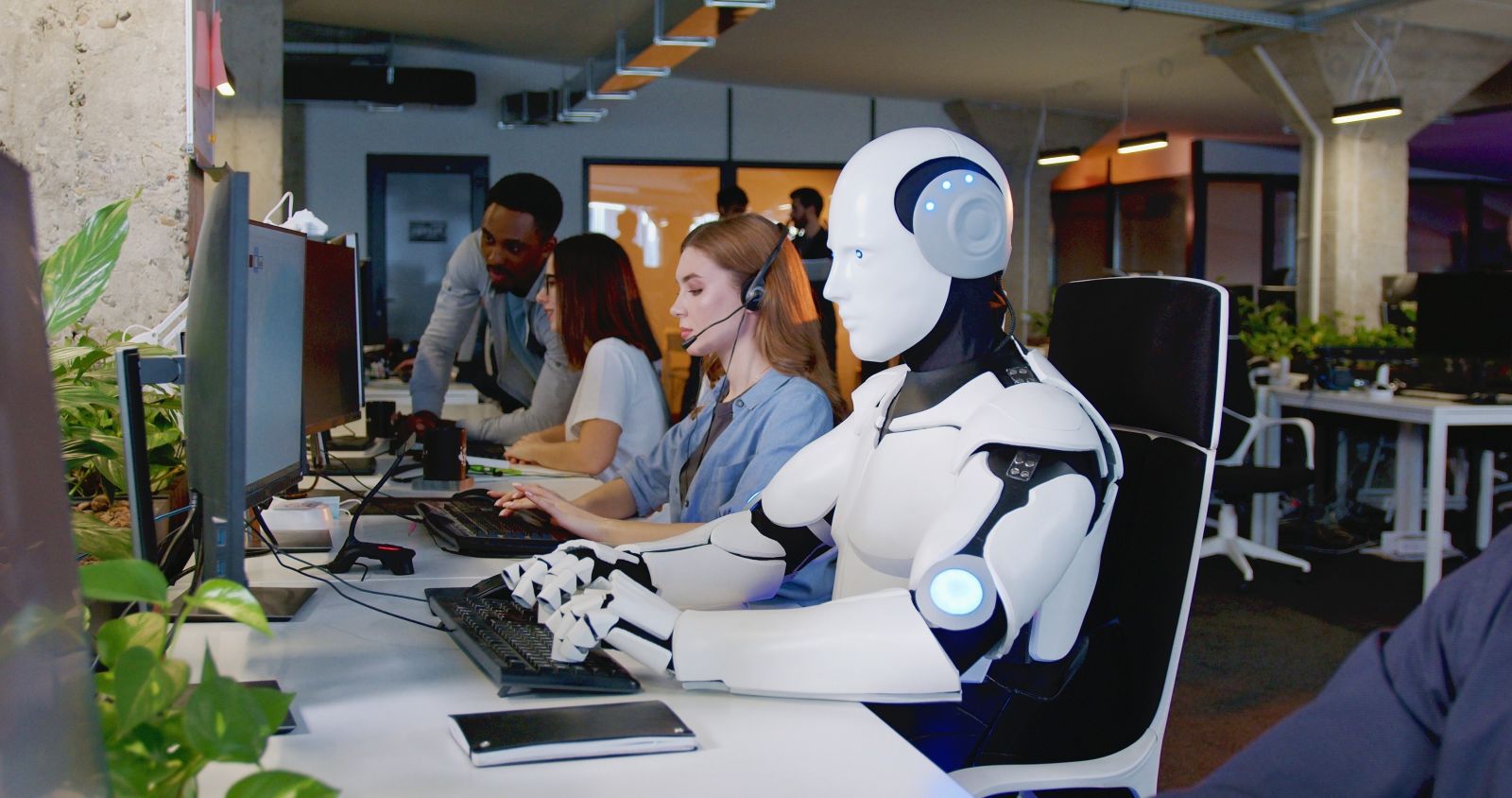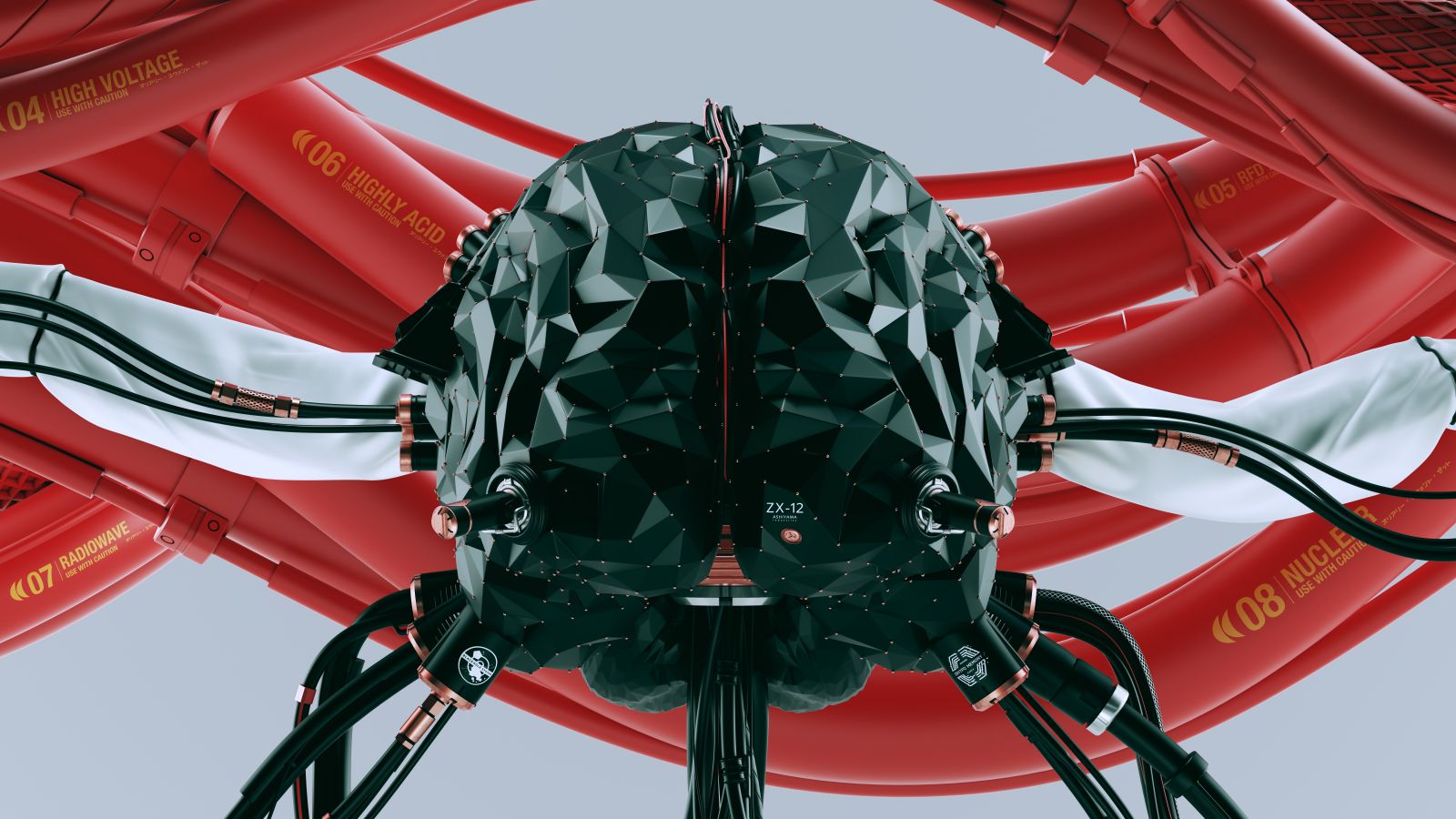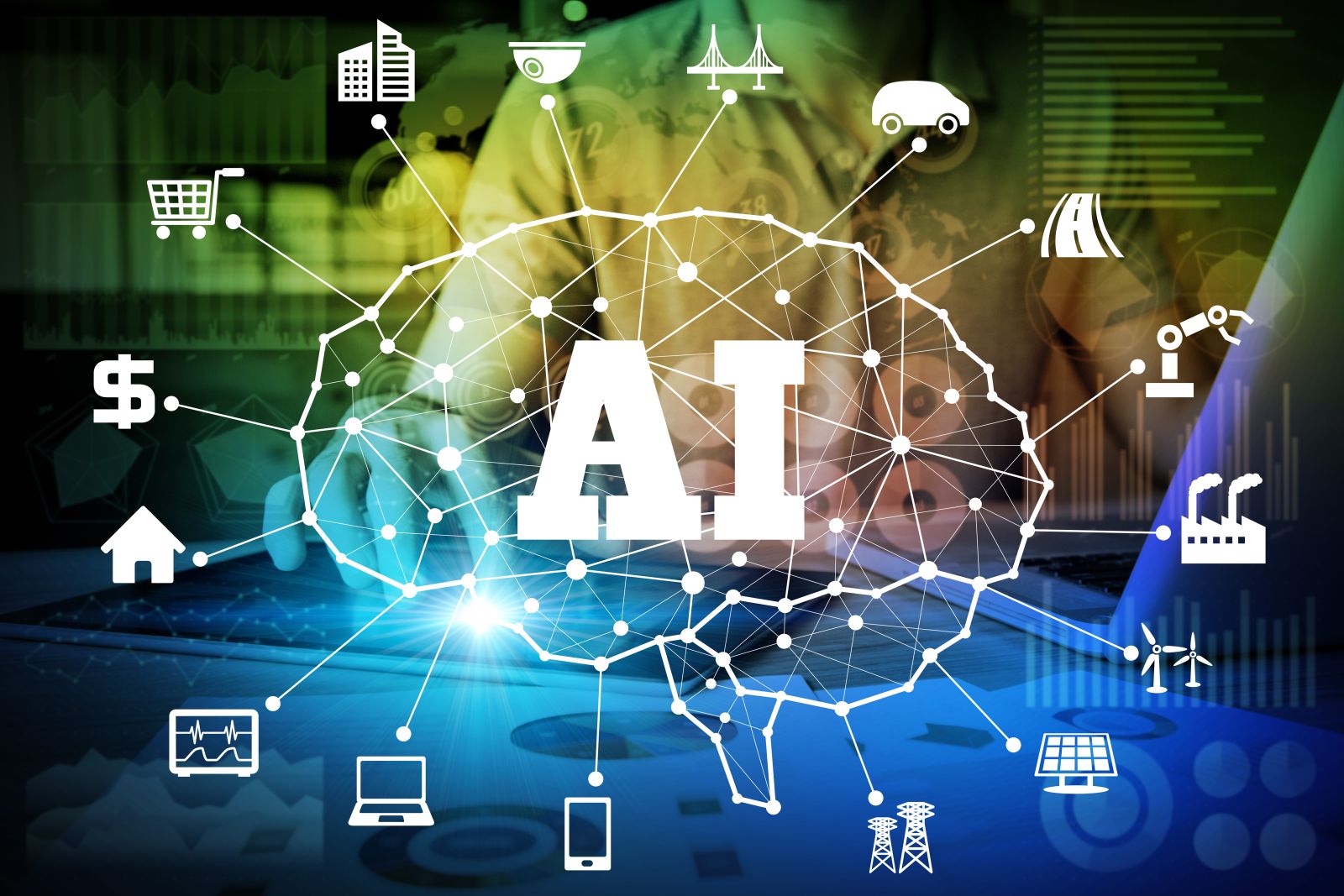ALBAWABA – Despite the great and even frightening leaps forward in Artificial Intelligence (AI), there are things AI cannot learn no matter how advanced it gets.
No matter how advanced it gets, it is reassuring to learn that there are things AI cannot learn and tasks it cannot perform. Especially for people who fear that machines will someday overcome human beings and take over their jobs.

So, here are 10 things AI cannot learn no matter how advanced it gets.
1 Logical thinking
This term refers to the ability to use basic knowledge and understanding of the world to make logical conclusions and decisions. Artificial intelligence systems currently lack the ability to understand and apply common sense in the same way humans can.
AI follows a linear logical structure, which informs its mode of thinking. Humans, though most people do follow a linear logical structure as well, are informed by various cognitive patterns, and are able to break the linear structure to build more complex logical approaches.
This is one of the most important things AI cannot learn no matter how advanced it gets.
2 Understanding abstract concepts
This means being able to understand and work with concepts that are intangible or in other words not physically attainable, such as love, justice, or morality.
While AI may be able to understand certain concepts, abstract human-specific concepts are out of the computers’ league. AI can understand concepts pertaining to rules and mathematical theories, yes, but ideals and abstracts are also among the things AI cannot learn no matter how advanced it gets.
3 Creativity
It is the ability to generate new and innovative ideas or solutions. AI systems can be trained to create new content based on data patterns, but they lack the ability to be creative in the way that humans can. AI, at least until it hits the point of singularity, if ever, will always be stuck in the box, outside of which humans can actually think.
Technological singularity —or simply the singularity— is a hypothetical future point in time at which technological growth becomes uncontrollable and irreversible.

It is the point at which AI achieves the various levels of human intelligence, including awareness and such, and therefore erases the boundaries between humans and robots.
For that to happen, huge leaps in quantum computing need to take place, which remains beyond the capabilities of human technology, as of yet.
4 Functions of emotions and consciousness
AI systems do not have any emotions or awareness, they are unable to feel or experience emotions and have no self-awareness. At least for the foreseeable future, until singularity is achieved.
5 Tasks involving complex and unstructured data
AI systems can struggle with tasks that involve large amounts of unstructured data. These tasks often require the ability to understand and comprehend data in a manner similar to the way humans might do it.
The human brain can receive and process multiple streams of information at the same time. The biological brain – namely the human brain – is the only quantum computing system out there.
6 Tasks that require empathy and compassion
These are tasks that require understanding and responding to the emotional state of others. These systems remain just machines that do not feel and have no sensations.

They may be able to read vital signs and other tells manifesting in humans in various states of mind and emotion, but many of these signs overlap. Computers may be able to tell simple straight forward emotions in people, but the more complex the emotional state of a person is, the more difficult it becomes for AI to comprehend.
7 Understanding context
This refers to the ability to understand and interpret information in a way that is influenced by the context in which it is presented. AI systems cannot understand the nuances and idiosyncrasies of language and communication that are affected by context.
8 Tasks that require a lot of experience and intuition
These are tasks that require a deep understanding of a subject that can only be gained through years of experience and intuition, such as a doctor's diagnosis of a complex medical condition.
9 Tasks that require understanding and interpretation of idiomatic expressions
Idioms are phrases or expressions that cannot be understood simply by understanding the meanings of the words that make them up.
They depend on cultural nuances and concepts, and much more. They are therefore very difficult for AI to comprehend.
10 Tasks that require a logical understanding of the physical world
Tasks that involve the ability to understand and navigate the physical world, such as walking down stairs or holding something without dropping it.
All tasks and functions related to one of the aforementioned things AI cannot lean no matter how advanced it gets. In other words, a machine will not replace a human in tasks that require emotion, intuition, and creative thinking.









